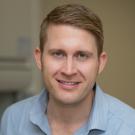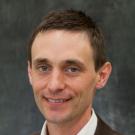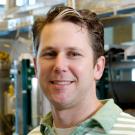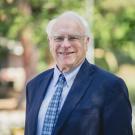Catalysis and Renewable Energy
May 11, 2019: The Mauna Loa Observatory measured the atmospheric CO2 concentration at 415.3 ppm, a record high that the planet has not witnessed in hundreds of millions of years, but likely to exceed in the coming decade. To keep up with the increasing energy demand and changing global macro-economics, it is necessary to develop new technologies for energy generation and storage and for novel chemical transformations. Although these applications involve a wide array of technologies, they share a common reliance on the need for the design of new materials and chemical processes, as well as a deeper fundamental understanding of the underlying science. The department faculty’s research in this area involves designing (often from first principles), synthesizing, characterizing, and testing novel functional materials, technique development, as well as developing fundamental understanding of atomistic phenomena.
Using a variety of synthesis and characterization techniques, Professor Moule’s group studies organic electronics for applications in optoelectronics and modern transistors. Professor Block studies optimization of biological processes using data-intensive approaches. Professor Gates’ research focuses on synthesizing well-defined, atomically dispersed catalysts that can be characterized extensively using synchrotron techniques and electron microscopy. Professor Runnebaum’s group studies and optimizes zeolite catalysts for industrially-relevant reactions. Professor Kronawitter studies new catalytic and electrocatalytic processes, of often utilizing sustainable oxidants and reductants, for novel chemical transformations of alternative feedstocks. Professor Kulkarni develops and utilizes multiscale computational approaches to study complex reaction environments. The Catalysis Cluster (Gates, Runnebaum, Kronawitter, Kulkarni) at UC Davis brings together expertise in materials synthesis and characterization, reactor-scale experimentation, fundamental kinetics analyses, and theory to forward the state-of-the-art for catalysis science for a number of socially impactful and industrially relevant reactions.







